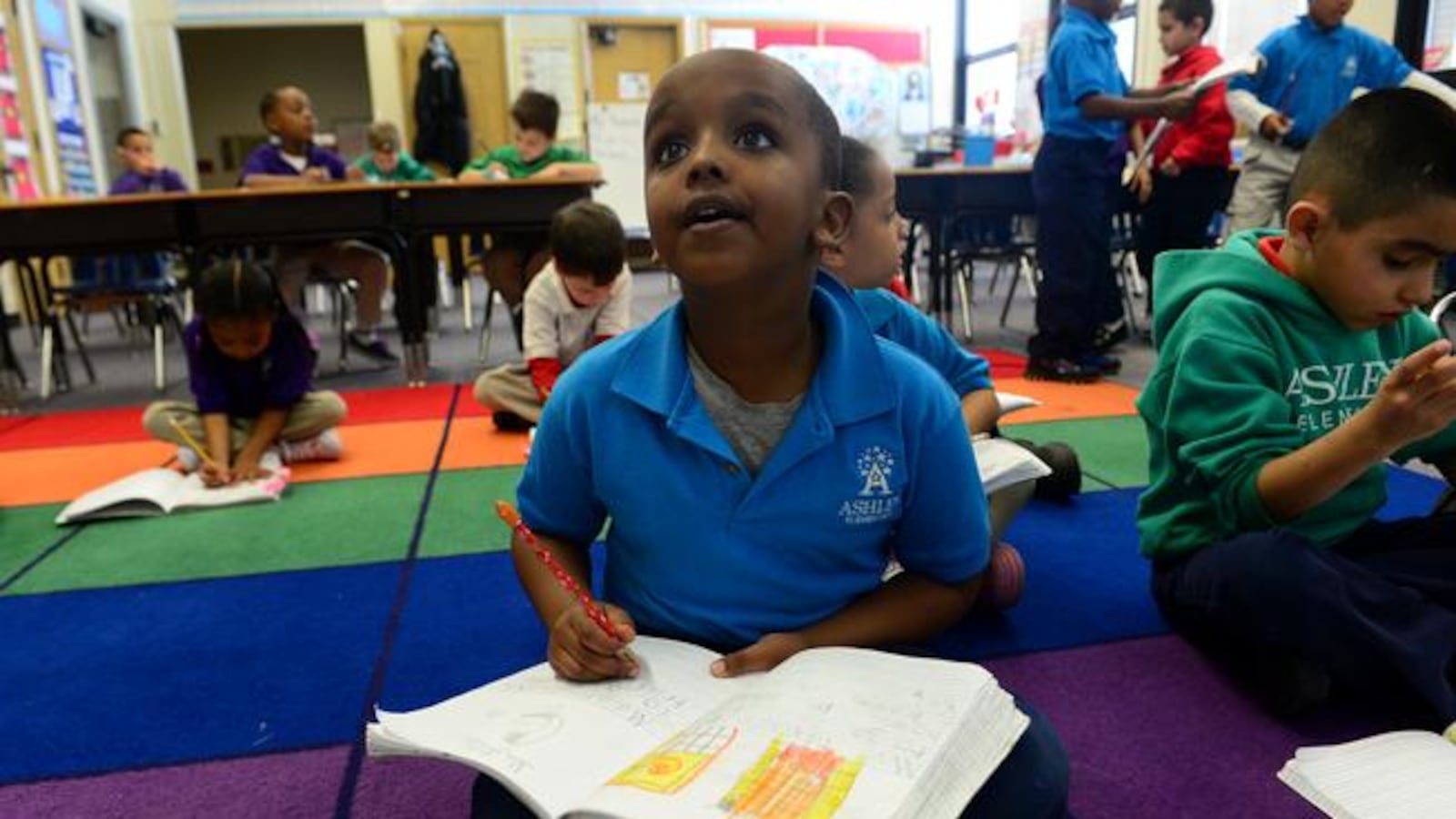An effort to boost public school funding in Colorado ended Tuesday before it even began.
Supporters of an initiative that would have asked voters to lift a constitutionally mandated spending cap called it quits while gathering signatures to get on the November ballot.
The proposal would have allowed the state to keep revenue it collected over current limits set by the Taxpayer’s Bill of Rights, or TABOR, for the next decade. At least 35 percent of that revenue would have been gone to schools. Money also would have gone to roads, mental health care and senior services, among other items.
The group behind the ballot initiative, Colorado Priorities, cited concerns about a lengthy ballot that is expected to include the presidential race, a U.S. Senate contest and as many as 10 other initiatives.
“The crowded ballot has made it difficult to secure the resources necessary for us to win in November,” campaign co-chairs Dan Ritchie and Al Yates said in a statement.
Lisa Weil, executive director of Great Education Colorado, an advocacy group that supported the proposed initiative, said she was disappointed.
“We had volunteers still turning in signatures today,” she said. “We will find out what was at stake for schools when we see next year’s budget, and every time we hold back money for rebates.”
TABOR, passed in 1992, requires the state to refund Colorado taxpayers after revenues exceed a limit set by a formula that factors in the state’s population and inflation.
Colorado schools are considered among the most underfunded in the U.S., often ranking at the bottom of state rankings by organizations that study the issue.
Two lawsuits, a billion dollar ballot initiative and other proposals have been attempted in recent years to funnel more money to schools. None have been successful.
“We need a clear-eyed conversation in the education community about, ‘What do we want for our kids, what do we want for our communities, what do we want for our state?’” Weil said. “We have to think big for our kids.”


